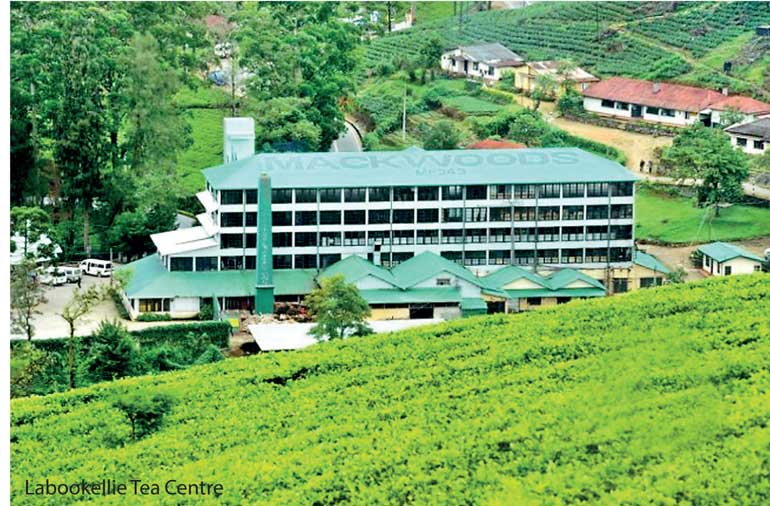Saturday Feb 21, 2026
Saturday Feb 21, 2026
Friday, 13 October 2017 00:00 - - {{hitsCtrl.values.hits}}
 By S.S.Selvanayagam
By S.S.Selvanayagam
In a landmark judgment on the legal issue of Restitutio in integrum (Restoration of original position), the Court of Appeal dismissed the application filed by Mackwoods Tea Ltd. against the Defendant Agalawatte Plantation PLC, challenging the alleged termination of lease agreement.
The Plaintiff Mackwoods Tea Ltd. had initiated legal action against the Defendant Agalawatte Plantation PLC in the District Court of Nuwara Eliya wherein the District Court had granted enjoining order and extension of it in favour of the Plaintiff.
Plaintiff-Petitioner Mackwoods Tea filed application in the Court of Appeal that it was dispossessed of Labookellie Tea Centre by the Defendant-Respondent Agalawatte Plantation PLC when two enjoining orders were in force staying any interference to its possession.
Petitioner alleged that the Respondent while having cognisance of the said enjoining orders surreptitiously issued the termination of lease agreement.
Court of Appeal Judge E.A.G.R.Amarasekara with Justice A.H.M.D. Nawaz agreeing in his judgment ruled that the main reliefs prayed in the petition did not fall within the ambit of jurisdiction given to the Court of Appeal for restitution in integrum by the article 138 of the Constitution and declined to issue notice in the first instance and dismissed the application.
Upul Jayasooriya PC with Sandamal Rajapaksheappeared for Plaintiff-Petitioner. S.A. Parathalingam PC with N.R.Sivendran, Gamini Senanayake, RenukaUdumulla and Dushyanthi Jayasuriya appeared for the Defendant-Respondent. Justice Amarasekara in his judgment observed that this is not an action filed to rescind or vitiate a contract or its outcome on grounds of mistake, fraud, minority of a party, etc., and to restore the parties to the same position that they were before they entered into the contract.
He noted that such an action has to be filed first in a court of first instance and that Article 138 will show that it is a provision brought to establish supervisory jurisdiction over the courts, tribunal and institution below by way of appeal, revision and restitution in integrum and that it does not confer jurisdiction over acts of individuals or group of individuals.
He also noted that the supervisory jurisdiction created by this article including restitution in integrum is to review causes, suits, actions, prosecutions, matters and things that have been taken cognisance by a court or tribunal or institution below.
He observed that the said article does not contemplates all types of incidents or acts or situations that call for the remedy of restitution in integrum but only incidents or acts or situations which are the outcome of judgments, decisions or steps of a court or tribunal or institution below are involved.
He noted though the Petitioner has instituted an action in Nuwara Eliya District Court, it does not allege any miscarriage of justice or error or harm caused by a decision or act of the District Court.
He observed though the reliefs prayed for of the petition contemplates the restoration of possession, if any eviction has taken place, it is not the result of an act or step of a court or tribunal or institution below.
He held therefore the main reliefs prayed for in the petition do not fall within the ambit of jurisdiction given to the Court of Appeal.